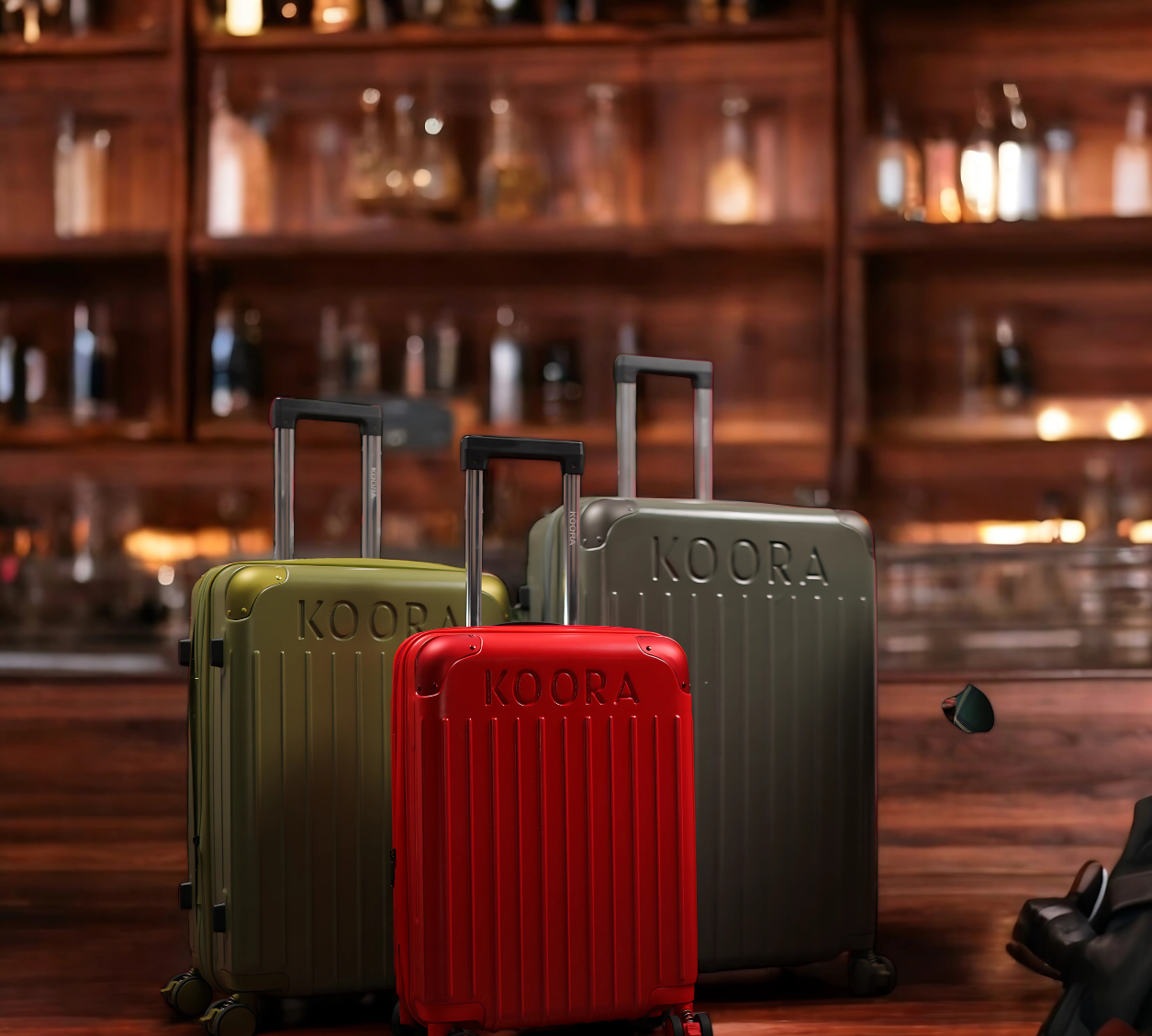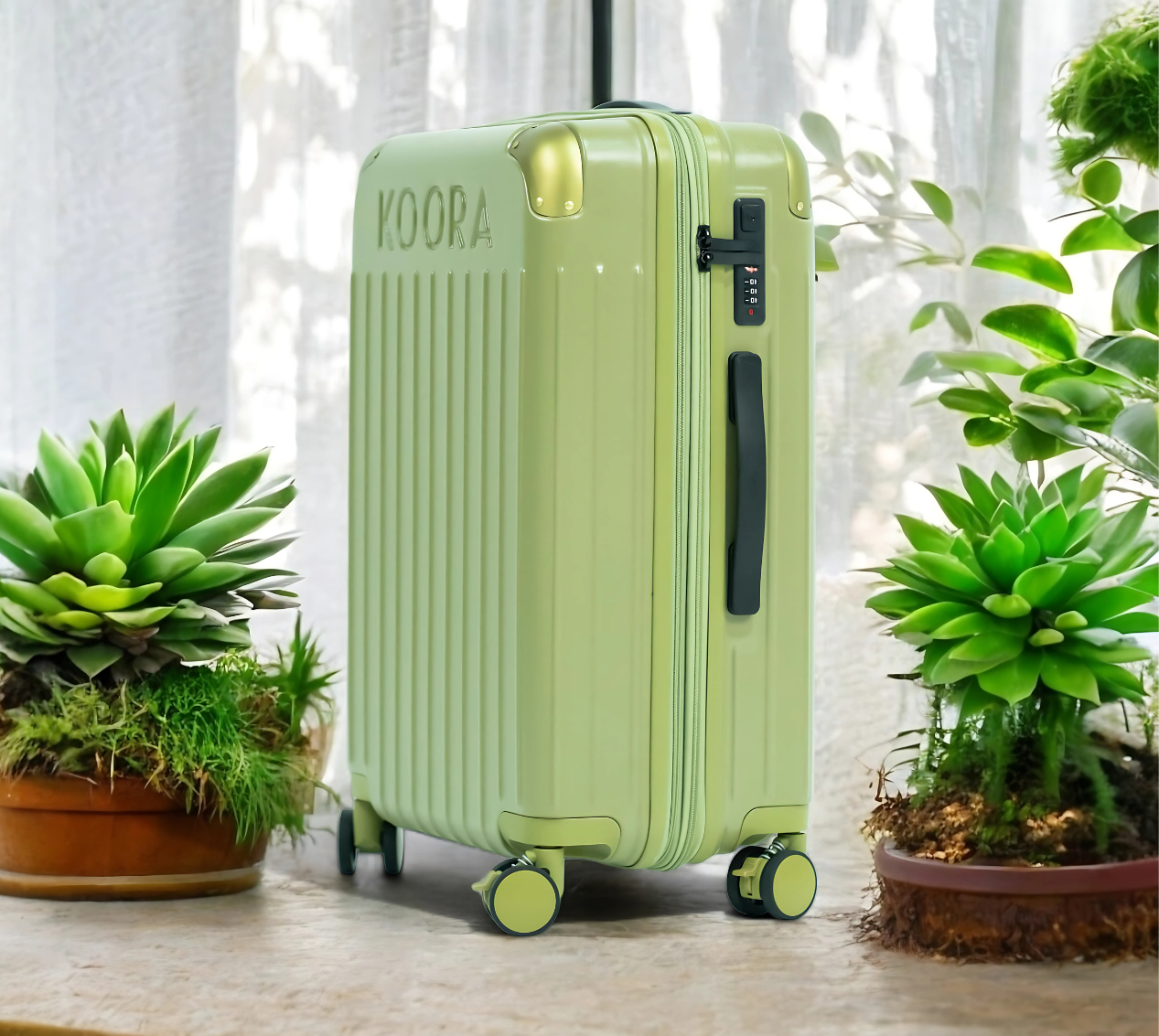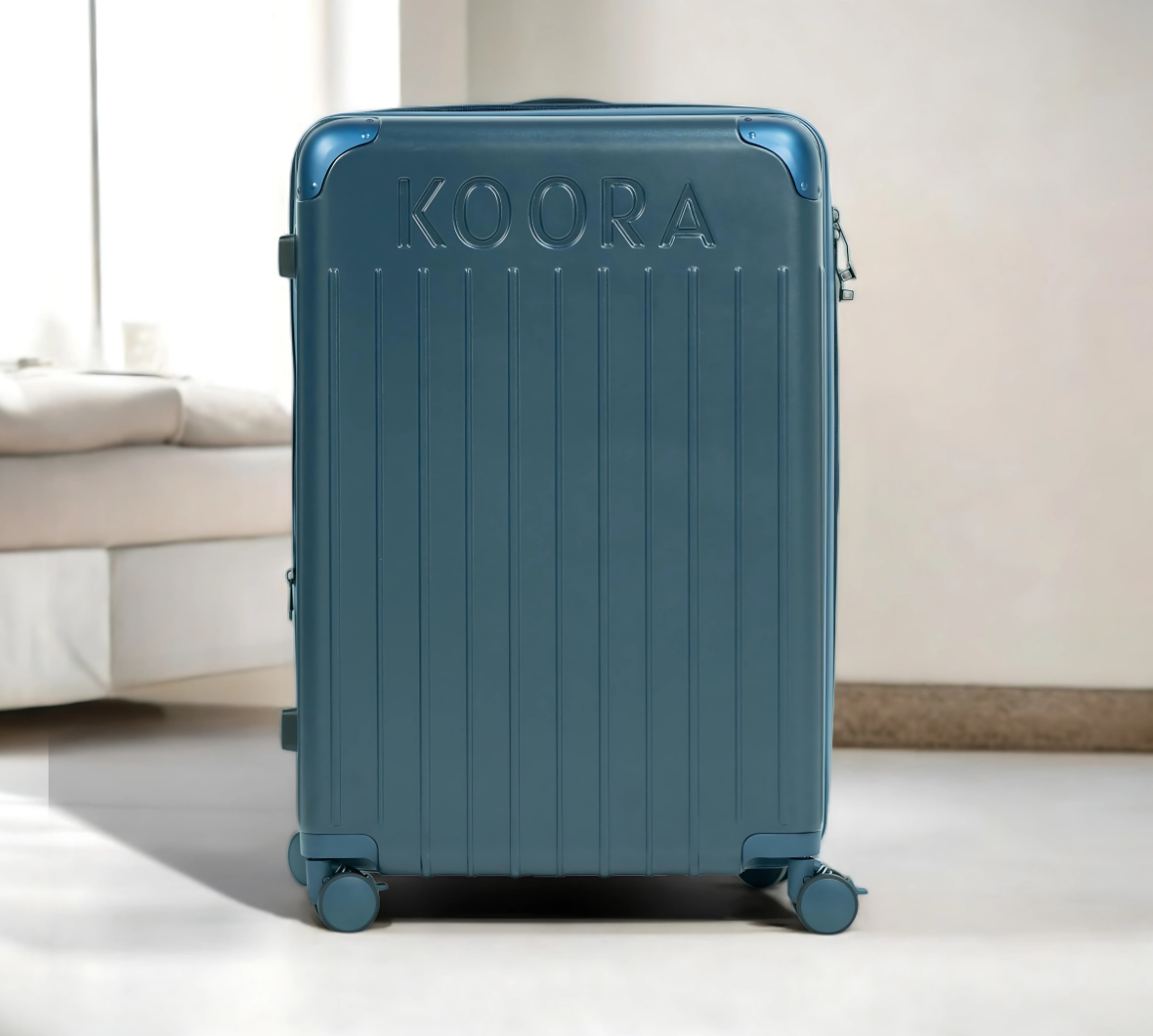
Sustainable Suitcase Alternatives for Eco-Conscious Tourists
As a traveler, every adventure shapes you into a different person with an evolved personality. If you have changed, your travel partner—your luggage—needs to evolve as well; otherwise, the compatibility will be compromised.

Luggage, over the years, has been the most trusted partner of a traveler. They have evolved from being made of heavy metal and synthetic material to recycled plastic waste. That has significantly reduced carbon footprints and encouraged people to use sustainable suitcases as an alternative for eco-conscious tourists.
Understanding Your Suitcase Material
With growing awareness about the environmental impact caused by the plastic and synthetic material waste generated. Tourists are making a conscious shift towards more sustainable alternatives.
Many brands are shifting to recycling plastic, ocean waste, and repurposed fabrics to make durable and stylish suitcase. These materials reduce demand for virgin plastic and, hence reduce carbon footprint.
-
When selecting a sustainable suitcase, look for:
-
The suitcase made from recycled PET (recycled polyethylene terephthalate) bottles.
-
Luggage made from up-cycled materials such as old airbags or tires.
-
Organic and Natural Fabric
Suitcase made from organic materials offers a biodegradable alternative over the synthetic material. These fabrics are often processed with fewer chemicals, thereby reducing the environmental harm. These fabrics give a sleek, luxurious look without harming the animals, and compromising the quality, are perfect sustainable suitcase alternatives for eco-conscious tourists.
-
Look for:
-
Organic cotton or hemp for lining.
- Plant-based leather alternatives (e.g., Pinatex made from pineapple leaves, Desserto made from Nopal Cactus leaves).
-
Koora’s high-quality luggage not only creates a positive impact on the environment but also ensures that the costumer's needs are never compromised by testing their luggage durability, water resistance, roller endurance and much more.
These alternatives are best for eco-conscious tourists who want to create a difference with their choices towards creating a better environment.
Modular and Repairable Luggage
A suitcase built to reduce the frequent replacements, hence cutting down on waste. Modular luggage design allows easy replacement of broken or damaged parts; some brands even offer lifetime repair programs, garnering trust from their customers.
-
When purchasing, look for:
-
Modular designs where handles, zippers, and wheels are replaceable.
-
Repair-friendly brands offering lifetime or extendable warranty. This prevents landfill waste and ensures recycling or re-purposing of the material.
-
Carbon-Neutral and Zero-Waste Options
Some companies have consciously offset their environmental footprint by investing in carbon-reducing programs or producing zero-waste luggage. These sustainable suitcases are the best alternatives for eco-conscious tourists.
-
Look for:
-
Carbon-Neutral Certificate on the luggage.
-
Zero-waste packaging and production process.
-
Eco-Friendly Soft-Shell Suitcase and Solar-powered Smart Luggage
Soft-shell bags crafted from GRS (Global Recycled Standard) -certified materials like recycled polyester offer flexible and lightweight options for the traveler. These materials consume fewer resources during production and are biodegradable.
Solar-powered luggage is a perfect example of sustainability with innovation. Some eco-conscious brands offer smart suitcases with built-in solar panels to charge your devices, reducing the need for disposable batteries and external chargers.
Convertible and Multi-Functional Luggage
Reduction in consumption by investing in a versatile suitcase that serves multiple purposes. These designs are made to curate your needs—transforming from a suitcase to a backpack or even expanding depending upon the length of the trip.
This luggage is the perfect alternative for eco-conscious tourists that helps in environment protection.
Minimalist and Compact Designs
Smaller, well-designed luggage reduces the amount of material and energy used for production. Minimalist designs often use fewer components and are easier to repair.
Prioritise Repair Over Replace
As a trusted companion of every traveler—luggage— should make a sustainable impact on the environment by not only helping in protecting the tourist’s belongings but also protecting the environment. Supporting brands that prioritise eco-friendly materials, repairability, and ethical practices, you contribute to a more sustainable travel future.



Leave a comment
This site is protected by hCaptcha and the hCaptcha Privacy Policy and Terms of Service apply.